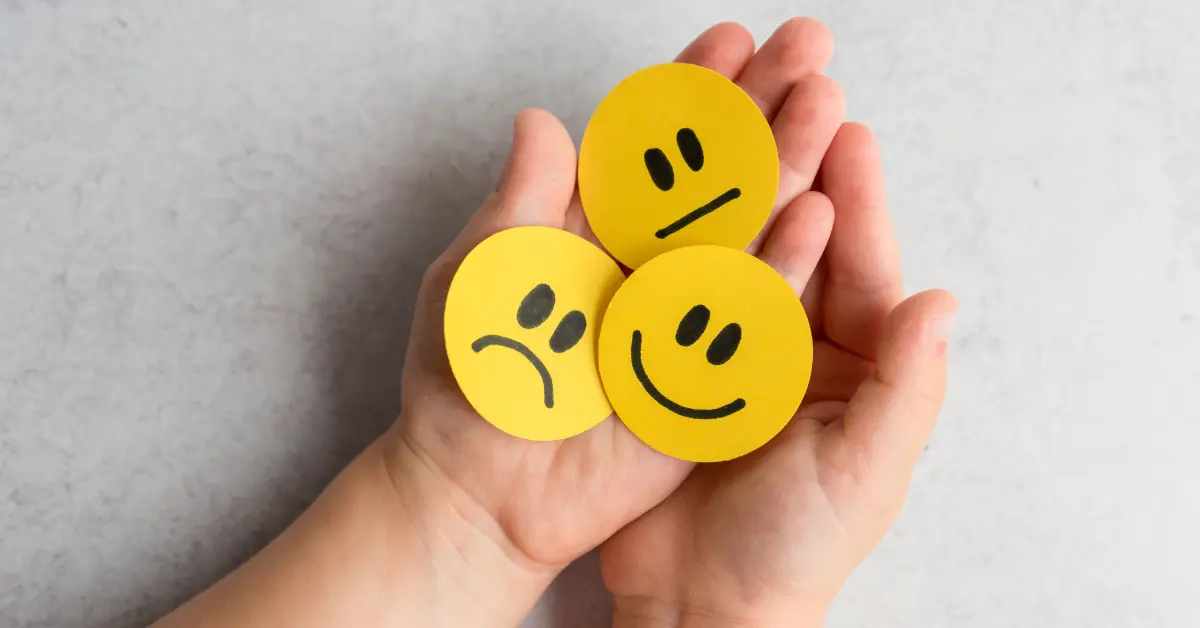
Mastering the Emotional Wave: How Understanding Emotions Empowers Us in 2025
In a world that values productivity and performance, emotions are often misunderstood or overlooked. But in 2025, emotional intelligence is finally being recognized as a powerful tool for mental health, leadership, and personal growth.
Why Emotions Matter More Than Ever
Emotions are not signs of weakness—they are signals. In today’s high-speed world, where burnout and anxiety are on the rise, tuning into your emotional state is one of the most effective ways to maintain balance. Whether it’s the joy of success or the frustration of setbacks, acknowledging your feelings helps you respond thoughtfully rather than react impulsively.
Recent studies show that people with higher emotional intelligence tend to have better relationships, stronger coping mechanisms, and improved mental health. Schools and workplaces alike are beginning to integrate emotional literacy into their cultures, from mindfulness programs to emotional coaching.
The Link Between Emotions and Mental Health
Ignoring or suppressing emotions can lead to emotional numbness, anxiety, or depression. In contrast, naming and processing emotions can reduce psychological stress. Practices like journaling, talking to a therapist, or engaging in creative expression are proven to help regulate emotions and promote inner peace.
With social media now overflowing with mental health content, people are becoming more comfortable sharing feelings openly. Hashtags like #feelyourfeelings and #emotionalwellness are part of a movement encouraging authenticity and vulnerability—especially among younger generations.
Emotional Awareness in the Digital Age
In a time when digital communication dominates, understanding the emotions behind texts, posts, and emojis is more important than ever. Miscommunication is common, but emotionally aware individuals can navigate online spaces with empathy and clarity.
At the same time, overexposure to curated images and idealized lifestyles can trigger emotional comparisons. That’s why digital detoxing and mindful scrolling are becoming part of modern emotional hygiene.
How to Improve Emotional Awareness
- Pause before reacting: Take a deep breath and name your emotion.
- Journaling: Writing down your feelings helps clarify what you’re truly experiencing.
- Mindfulness and meditation: These practices ground you in the present moment and reduce emotional reactivity.
- Therapy and counseling: Talking with a professional can deepen your understanding of emotional patterns.
In 2025, emotional strength is no longer about hiding your feelings—it’s about understanding them. By embracing our emotional lives, we unlock greater resilience, stronger relationships, and a deeper connection with ourselves.





